Insights from CSW68 in New York - DCA’s key learnings
From 11 to 22 March, DCA proudly joined a cohort of Australian representatives to participate in the United Nation’s 68th session of the Commission on the Status of Women (CSW68).
Our involvement in CSW68 was an important opportunity to share our research and gather learnings that we can apply to our work and share with our members.
DCA's contribution
DCA directly contributed to two key sessions exploring how organisations can provide more inclusive workplaces for culturally and racially marginalised (CARM) women.
On March 13, DCA joined Settlement Services International (SSI) and African Women Australia Inc. (AWAU) to deliver a session focusing on the RISE project. DCA Directors Dr. Virginia Mapedzahama (Director, Member Education) and Dr. Jane O’Leary (Director, Research) presented alongside Juliana Nkrumah AM and Dr. Astrid Perry OAM from SSI. The team shared information about how RISE, a federal government-funded project, will work with participating employers to address systemic barriers. These employers will help lead the way by working with the RISE project to identify and build pathways to leadership for CARM women within their organisation.
The session highlighted the need for an intersectionality lens in gender equity work. Intersectional approaches are essential in centring the voices of women who experience multiple, overlapping marginalisations. This will help ensure women in all their diversity benefit from gender equity efforts.
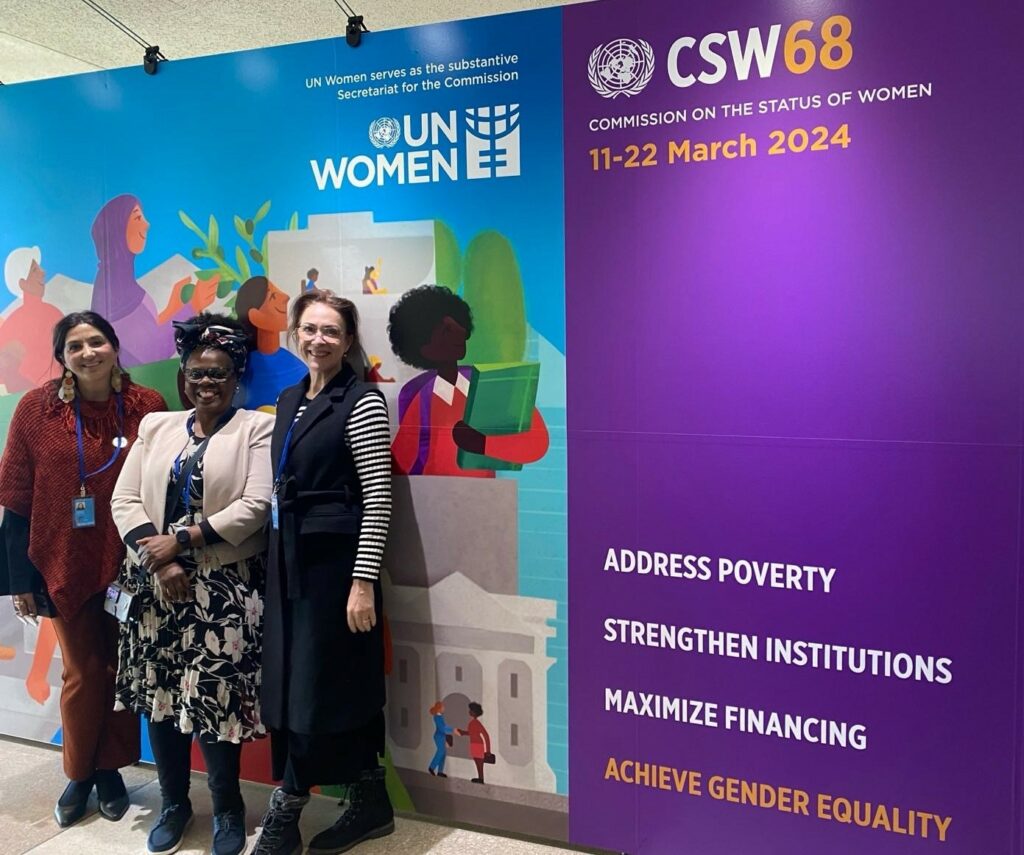
The second session took place on 18 March and was presented alongside our GIDA (Global Inclusion and Diversity Alliance) partners. DCA CEO, Lisa Annese, along with Dr. Mapedzahama, shared insights from DCA’s recently released Centring Marginalised Voices at Work guidelines. GIDA representatives present included: Janet Ledger, CEO at Community Business (Asia); Anne-Marie Pham, CEO at Canadian Centre for Diversity & Inclusion; and Susan Doughty, Chair of Diversity Works (NZ).
Our Culturally and Racially Marginalised (CARM) Women in Leadership report shed light on the unique challenges faced by CARM women in organisational settings. Lessons from this work in centring the voices of CARM women has informed an approach on how to centre the voices of any marginalised group.
The session showed that systemic organisational change happens only by listening to, and understanding, the diversity of experience of women especially those who experience intersecting marginalisation, and importantly using these insights as the foundation on which to build D&I work that addresses their needs.
DCA is also part of the Australian Government’s rapid response group for the CSW68 negotiations. Australia has a strong history of involvement in CSW and is a key player in the negotiations, which set out the commitments States are making to progressing gender equality.
Our key takeaways
Applying a human rights lens to D&I work
A key learning from CSW68 was the benefit of applying a human rights lens to D&I work. This means reframing our work so that it is not only about delivering business benefits, but also emphasising its role in meeting inalienable human rights.
Applying a human rights lens means being guided in our work by the Universal Declaration of Human Rights’ Preamble, which begins by recognising that “the inherent dignity of all members of the human family is the foundation of freedom, justice and peace in the world.”
This means understanding that women have a human right to live a life free from discrimination and marginalisation, and to have opportunities to participate equally at work, at home, and in community. Women, in all their diversity, have a right to come to work safely, earn equal pay for work of equal value, participate fully in their organisation, and be represented in leadership. This lens means women’s rights in this regard are inalienable – which means they cannot be justified away.
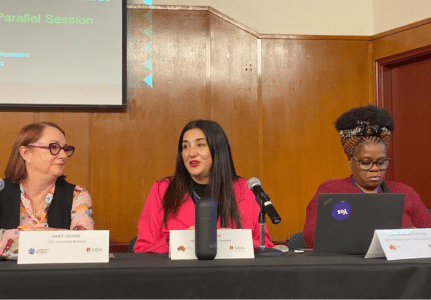
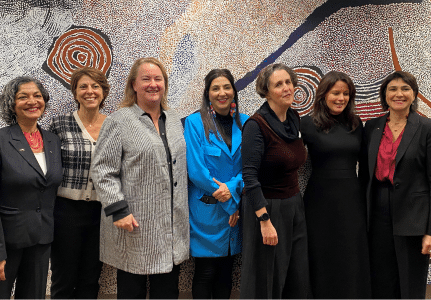

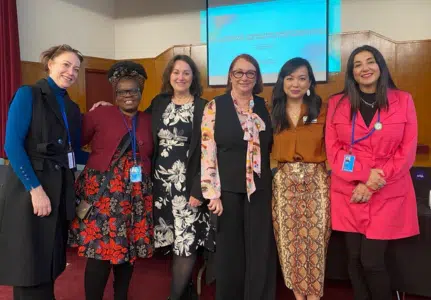
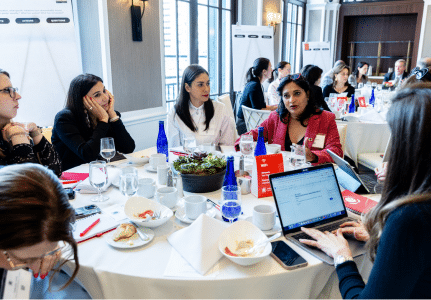
Centring the voices of women who are most marginalised
First Nations women, racially marginalised women, women of African descent, women with disability, young women and LGBTQI+ women in all arenas talked of the need to centre their voices in matters relating to them.
We find this very timely, given DCA’s release of our employer guide on Centring Marginalised Voices at Work, launched in line with International Women’s Day 2024.
Intersectional approaches as imperative
We also saw consensus amongst attendees that an intersectional approach for gender equality data, policy and practice was critical, as it is an important mechanism to ensure equity for women in all their diversity. For those starting out in intersectionality see DCA’s Intersectionality Explainer.
The power of data
Given the UN’s IWD theme for 2024 was ‘Count Her In’, it was not surprising that the power of data featured prominently. In this way, data is as much about power as it is about numbers – the power to make women, particularly most marginalised women, visible and heard and their needs centred and addressed.
The emphasis was on data being the first step to action. For DCA members, DCA’s annual Inclusive Employer Index is a great starting point for organisations wanting to accurately identify areas to focus on and help evaluate the impact of their D&I work.
DCA is pleased to have had this important opportunity to take part in CSW68 along with Member States, civil society and experts. It has been a valuable opportunity to share our learnings on ways to further address gender inequalities and boost women’s agency and leadership. We look forward to building our learnings into our work and the insights we continue to share with our members.

